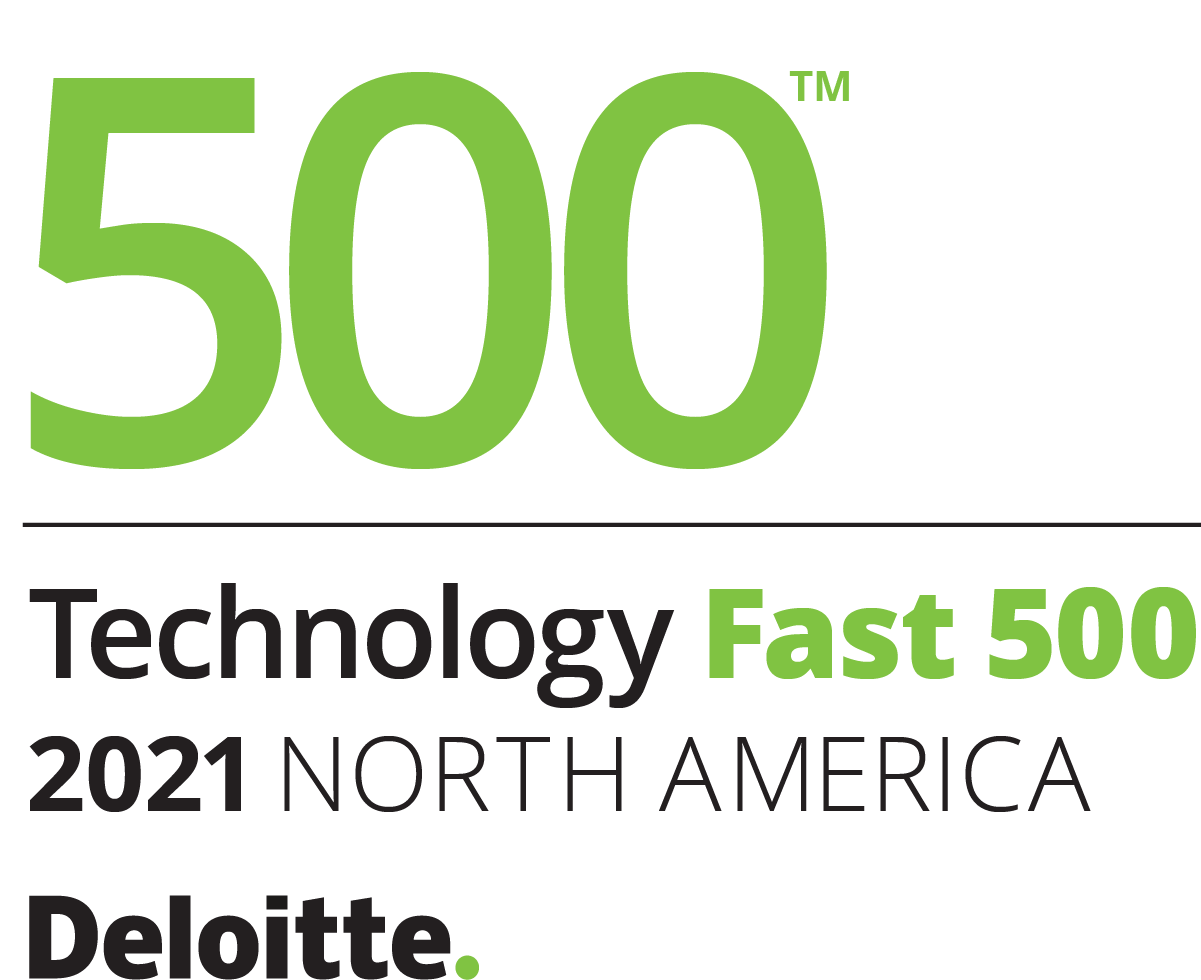Sameera Moinpour, Senior Director and Practice Leader, OKR Solutions at WorkBoard sat down with Anna Birch, Chief of Staff for Cisco Security Business to discuss how they’re using OKRs to accelerate growth. Anna shares why alignment is one of the most important muscles for a product business in a large enterprise and how focus accelerates results.
Sameera Moinpour, WorkBoard: Anna, welcome and thank you for being our guest — we’re excited to have you share your journey! Let’s start with why you got started.
Anna Birch, Cisco Chief of Staff: I believe that alignment is probably the most important piece to achieve growth. If you don't have a team aligned around those growth goals, how do you get everybody moving in the right direction? OKRs have allowed us to come together as a team to create a shared set of goals, objectives, and key results that we can all drive towards. Even more impactful: we've seen that trickle down through the organization. We have come a long way from being a very siloed group across those functions, and the framework of OKRs is creating an environment for our teams to have conversations that they wouldn't have been having otherwise.
In the past we used something called "Strategy on a Page" that we'd actually started at OpenDNS, one of Cisco's acquisitions. It was a little homegrown and it evolved. When it came into Cisco, one of the challenges was it had 16 different elements, so it was very complicated. It tended to become very functionally focused instead of what do we have to do as a team to achieve greatness. And we saw that instead of bringing people together, it actually supported people going off into their silos and working on their own. So we decided that we needed to do something different. In just two quarters doing OKRs, we saw massive shifts in the way we operate as a team.
What’s been the reaction?
Anna: Incredible excitement around the new process and the platform. We had recently done an acquisition and that acquisition actually had the OKR process incorporated into their DNA. They had been doing it for over a year and it was something that they had pushed all the way down to individual contributors. They were managing their OKRs in a spreadsheet, so when they came into the Security Business Group and I told them that we were going to be using a tool, they were delighted. And then once they started using WorkBoard they were triple delighted. It has made everyone's life easier. When I think about scaling OKRs out to thousands of employees... we couldn't do it without a tool.
In just two quarters doing OKRs, we saw massive shifts in the way we operate as a team.
What are some of the changes you’ve seen since you rolled out OKRs?
Anna: We massively shifted our annual planning process about a year ago, encouraging each product within the Security Business Group to go through the planning process as a dynamic team. So we had already started that muscle of getting product, sales, engineering, marketing, customer success in a room together and talking about what they needed to go do. OKRs actually offer this repeatable framework for that team to come together frequently and have a dialogue around what they need to be focused on, and where they have dependencies. We have even incorporated OKRs into everyone's staff meetings. We're seeing those teams come together on a weekly basis to talk about what's going on in the business and have this shared a set of of objectives and key results that they need to go drive.
How are teams managing to their KRs and using the WorkBoard platform to support that results focus?
Anna: We have put a great focus on how we operationalize the KRs across the business. So at the highest level, we actually incorporate them into a weekly ops review where all of the senior leadership team come together and look at what's going on in the business. We pull up the hotbox and we look at the items that are most pressing, and instead of those topics getting lost in an email somewhere, we can have a fruitful dialogue around them and then decide, do these things matter? It's an iterative process and you learn about how you set KRs throughout that rigorous process of meeting on a regular basis.
OKRs offer a repeatable framework for teams to come together frequently and have a dialogue around what they need to be focused on.
Lower in the org, teams hold weekly staff meetings centralized around the Workboard tool. Every single one of our ops managers pulls up their business review during the meeting. Some will pull up the hot topics, while others will have each leader walk through their entire board. We have this nice little community of ops leads that come together now on a monthly basis, and they're sharing their best practices, which is creating a great community. Some things are working for some teams, some aren't for others, but it allows us this opportunity to constantly be iterating.
One thing that we have been challenged with in the Security Business Group — so across multiple functions and even tying into the larger Cisco principles — was how to build a recognition program that supported our big picture objectives? We just relaunched our recognition program across those functions and they're all aligned to the objectives and we have a whole marketing internal marketing campaign around it. We're going to try to figure out a way that we can show Workboard on our digital signage throughout the office to really make it pervasive for employees. I would say that is key: how you get employees talking the language of your OKRs and incorporating it into their daily operating model. It becomes something that we're always thinking about.
So what advice would you give other GMs and CEOs and their Chiefs of Staff as they try to get everyone aligned on their 2020 growth plans?
Anna: It's really important for leadership to understand and believe in the value of alignment and believe in the framework that you're going to roll out. I think that OKR is the first framework that we've used that has actually manifested into something that we think about every day. In the past we would set and forget those strategies and just get into that day to day hustle. This framework does seem to be magic — OKRs give you the ability to create radical clarity. And when you're trying to move 5,000 people into a direction and achieve radical growth, it requires lockstep alignment across your leadership team and all the way down the org.
Having a tool that allows you to scale and operationalize the OKR framework is really important. We love Workboard.
Having a tool that allows you to scale and operationalize the OKR framework is really important. People want to have an easy way to track their progress. I think the other beautiful part of OKRs is radical transparency, which is something that we really believe in. You have to build an organization that has an immense amount of trust to promote that transparency, but having a tool that you can easily manage and that gives radical transparency is a game changer. We love Workboard.







